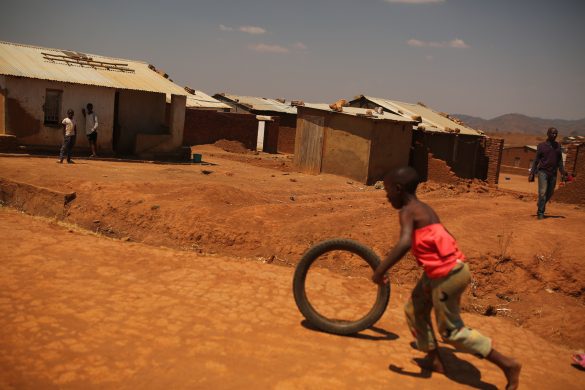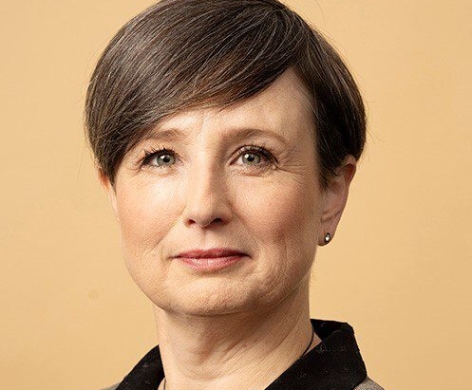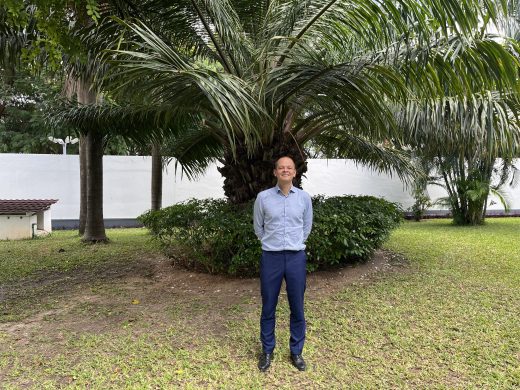Øget vækst skaber ikke nødvendigvis flere jobs til unge. Ungdomsarbejdsløshed bør bekæmpes med øget fokus på uddannelse, der matcher den lokale efterspørgsel.
DAKAR, 10 February 2014 (IRIN) – Youth unemployment and underemployment are among the main barriers to development in West Africa, say experts. Not only does the exclusion of young people from the labour force perpetuate generational cycles of poverty, it also breaks down social cohesion and can be associated with higher levels of crime and violence among idle youth.
“A decent and productive job [not only] contributes to attaining fundamental individual and family well-being, but also spills over, contributing to society’s broader objectives, such as poverty reduction, economy-wide productivity growth and social cohesion,” said Diego Rei, the International Labour Organization’s (ILO) senior regional adviser on youth employment in Africa.
In sub-Saharan Africa, the youth unemployment rate hovers around 12 percent. While this is slightly lower than the global youth unemployment rate of 12.4 percent, the African region has the world’s highest rate of working poverty – people who are employed but earning less than US$2 a day.
Økonomisk vækst kontra jobskabelse
Many African countries have registered high rates of economic growth in recent years, but this has not translated into new jobs.
This is partly because much of the growth in sub-Saharan African countries over the past decade has been driven by the extractive industries – oil, gas and minerals – says Deon Filmer, a lead economist in the Research Group of the World Bank and co-author of the organization’s report. “While these industries generate output and revenues that are reflected in GDP growth, they’re not particularly big job creators.”
The number of jobs created in these sectors, relative to outputs and revenues, is much lower than in export-oriented manufacturing, he added.
Further, the pace of growth for wage-employment cannot keep up with the growing population: Africa has the largest “youth bulge” in the world, and the number of youths is expected to grow by 42.5 million between 2010 and 2020, says the World Bank. Even in countries such as Ghana and Tanzania, where the number of wage jobs has grown by around 10 percent, the increase is not enough to absorb all the new entrants to the workforce.
And with nearly half of the current African population under the age of 14, the problem is only expected to get worse.
Uddannelse bør målrettes landsbrugssektoren
The director of the Economic Policy Analysis Unit for the Economic Community of West African States (ECOWAS) Commission, Felix Fofana N’Zue, told IRIN one of the reasons so many young people are being excluded from the labour market is a mismatch between their skills and the market’s demands.
“Africa has failed to train people for its needs,” he said. “Instead, it has been training young Africans to satisfy or meet the needs of other people.”
In Senegal, for example, he explained that the agricultural sector employs nearly 80 percent of the workforce, but that the majority of university graduates study subjects such as economics, the humanities and international relations.
N’Zue said that, while these fields are important, such degrees leave young people either living in Africa unemployed or underemployed or migrating to places like the US or Europe.
“Once we start training people with the skills they need for jobs we need to create and fill, that’s when young people will become a valuable asset to the workforce,” he said.
Flaubert Mbiekop, the programme officer for social and economic policy at the International Development and Research Centre (IDRC), agreed.
“With regards to youth unemployment, one of the issues we have been looking at is the apparent mismatch between the qualifications the youth have and the expectations of the employers in the labour market,” he said.
But it will be difficult to convince the small minority of youth who attend university to forgo study in fields thought to lead to more lucrative professions – such as finance, management, law and medicine – in favour of studying farming and agriculture.
“We see many young people coming from rural areas, hoping they will enjoy a better life, better work in the city, but that is not necessarily the case,” Mbiekop said. “So the question is: how can we make the agricultural sector attractive to the youth? How can we get them interested in a sector that is not yet well developed in many African countries, but has so many opportunities?” he asked.
Læs hele artiklen på:
http://www.irinnews.org/report/99620/breaking-the-cycle-of-youth-unemployment-poverty














